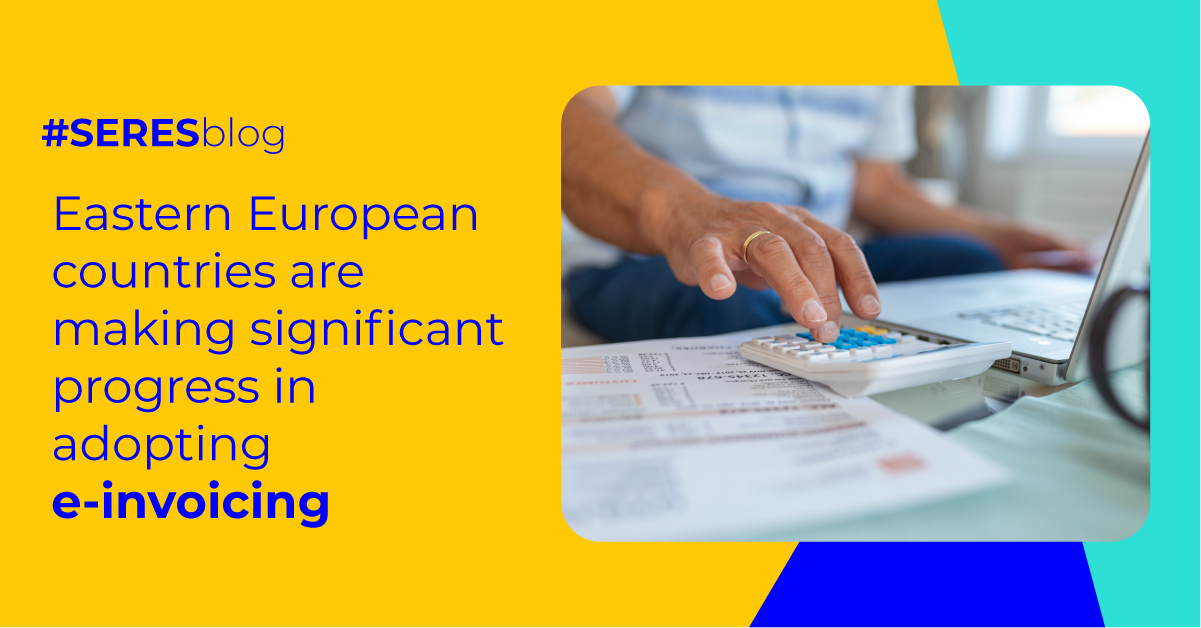Recent advances in e-invoicing across Africa
Today, Africa is deeply engaged in an unprecedented process of digital transformation at the national, regional and continental levels. This transformation is being driven by the vision outlined in Agenda 2063: The Africa We Want. This ambitious master plan serves as a guiding roadmap that will enable the African continent to establish itself as a global force in the future.
Africa is determined to achieve the goals set out in Agenda 2063, despite the challenges posed by limited resources and infrastructure. Agenda 2063 aims to strengthen tax administration, combat fraud, improve the traceability of electronic transactions, simplify tax compliance, increase tax revenues and promote business competitiveness.
Another objective is to implement e-invoicing across the continent, although progress has been hampered by the lack of standardised formats and platforms defined by governments and tax authorities. Nevertheless, more than 20 countries have adopted mandatory e-invoicing systems, and a further 5 have chosen to do so voluntarily. This transition is helping Africa move towards a more efficient and competitive digital economy.
Electronic invoicing in Zambia
Zambia is set to introduce a nationwide electronic invoicing system, as announced in the 2024 budget proposal. The implementation of this e-invoicing system will enable the Zambia Revenue Authority (ZRA) to access and monitor commercial transactions in real time.
The key objective of this scheme is to prevent the use of fraudulent invoices when claiming VAT refunds and to ensure that only eligible businesses are entitled to deductions.
In the long run, Zambia seeks to increase its earnings from unregistered suppliers, thus broadening the ambit of the predicted electronic invoicing system to embrace them.
Electronic invoicing in Mauritius
Mauritius' VAT legislation gives the tax authority the power to require persons using electronic tax devices or electronic invoicing systems to record all transactions for tax purposes.
Mauritius' VAT legislation gives the tax authority the power to require persons using electronic tax devices or electronic invoicing systems to record all transactions for tax purposes.
The implementation of the invoicing system comprises two phases:
- The initial stage, set for June 2023, will mainly concentrate on involving software developers and e-invoicing system solution providers.
- The next stage, scheduled to begin in Q1 2024, will initially focus on taxpayers with a yearly turnover surpassing 100 million rupees (£1.8 million). As the second phase progresses, it will include several stages to cover a broader range of taxpayers.
Taxpayers who are impacted by this mandate will be required to use EBS systems that are compatible and send their invoices in real-time using a structured JSON format. The MRA's e-invoicing system will assign an Invoice Registration Number (IRN) and a QR code to the relevant documents during the auditing process.
The new real-time reporting regime includes the pre-settlement of invoices using a Continuous Transaction Control (CTC) model.
Electronic invoicing in Mauritania
The Minister of Finance in Mauritania has announced the implementation of new regulations that mandate e-invoicing. The rollout of this will occur in stages, with the first focusing specifically on the submission of VAT invoices in real-time.
The government is proposing the introduction of a pre-clearance system, whereby invoices must first gain approval from the tax office, which serves as the responsible authority, before issuing them to customers.
This process will be facilitated via an e-Invoicing System intended to monitor sales and inventory. Additionally, the e-Invoicing System will be integrated with point of sale (POS) and Enterprise Resource Planning (ERP) systems.
Initially, the new requirements will apply solely to businesses with an annual turnover surpassing 100 million pounds. The regulation is expected to take effect from October 2023 onwards.



